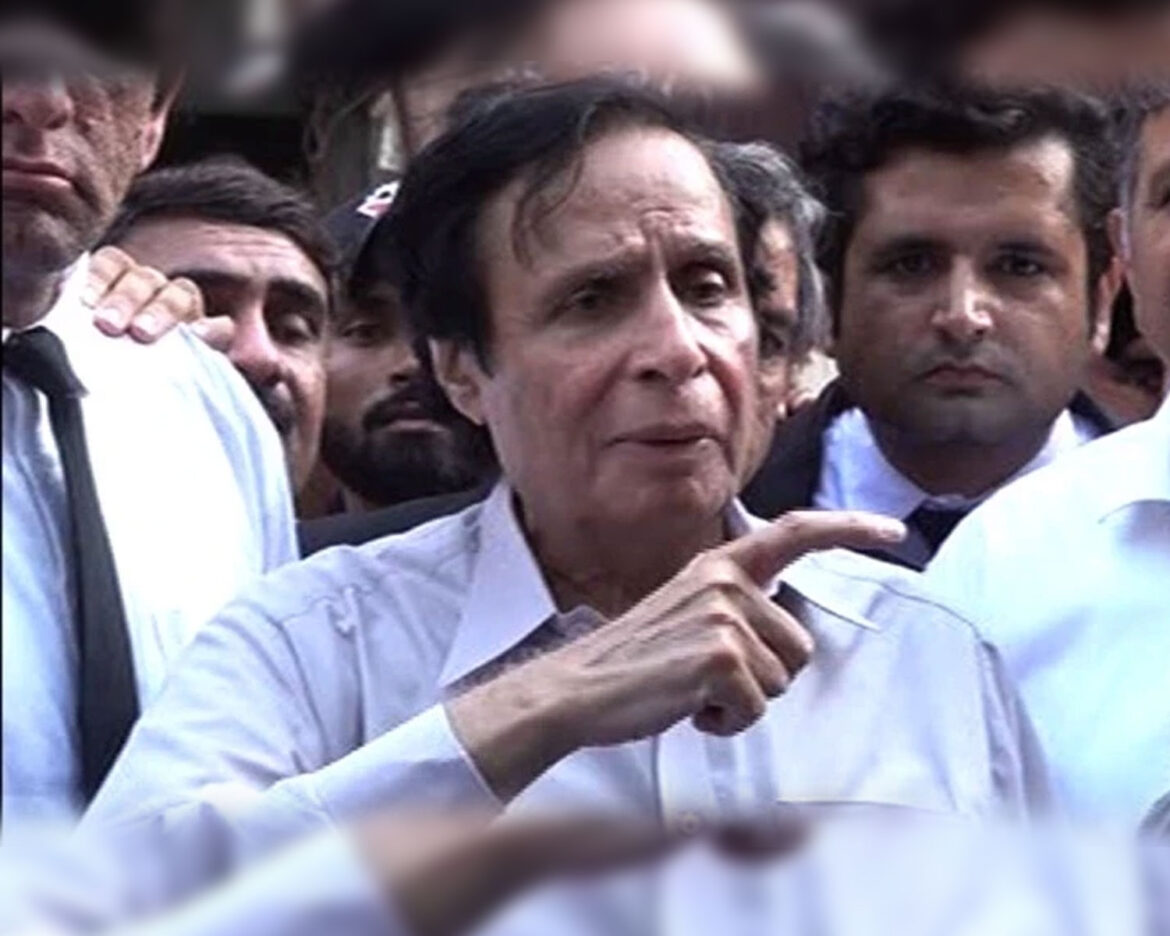In a recent development, the Supreme Court has instructed the Lahore High Court (LHC) to reach a verdict on the intra-court appeal concerning the interim bail decision of Pakistan Tehreek-e-Insaf (PTI) President Parvez Elahi by August 21. The decision was issued by a three-member bench led by Justice Ijazul Ahsan, which convened to address the matter.
The appeal centers around the single-member bench decision of the LHC and has sparked a debate over its admissibility. The additional advocate general, representing the Punjab government, highlighted that the appeal was under consideration within the high court. However, Justice Ahsan raised concerns about the admissibility of such an appeal, leading to a discussion on the matter’s legitimacy.
The court proceedings further shed light on the sequence of events that have surrounded Parvez Elahi’s legal status. The PTI President was initially arrested by the Punjab Anti-Corruption Establishment (ACE) with the assistance of the Punjab Police in Lahore on June 1. Since then, he has faced multiple instances of release and rearrest, prompting frustration among his legal team.
Justice Jamal Khan Mandokhail interjected during the proceedings, advocating for an alternative approach. He urged the involved parties to collaborate and resolve the matter through consensus, suggesting that litigation against each other was not a productive course of action.
The issue of repeatedly arresting an individual who voluntarily presents themselves to face charges came under scrutiny as well. Justice Mandokhail questioned the rationale behind the repetitive arrests, highlighting the potential misuse of power. He questioned the government’s objectives in pursuing such actions.
In response to the Punjab government’s argument that the LHC lacked jurisdiction to independently address the matter, Justice Mandokhail pointed out the irony in the government’s stance. He highlighted the government’s inclination to file multiple cases independently, while simultaneously asserting that the court lacked the right to independently consider the case.
Justice Ahsan emphasized the constitutional significance of the case, particularly concerning the protection of an individual’s freedom. He declared that infringing upon a citizen’s freedom, even momentarily, constitutes a violation of the Constitution.
Subsequently, the Supreme Court issued clear directives to the Lahore High Court, instructing them to reach a decision on the matter by August 21. The apex court emphasized that if the high court failed to provide a verdict by the stipulated date, the initial decision of the single bench would be reinstated.
It’s important to note that the single bench of the Lahore High Court had previously ordered against the arrest of Parvez Elahi in any case, further complicating the legal proceedings surrounding his status. The upcoming August 21 deadline for the decision of the intra-court appeal will likely be a significant turning point in this legal saga.



